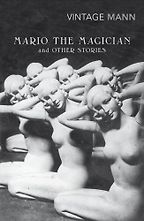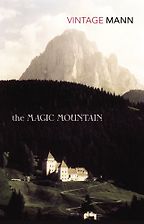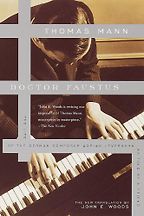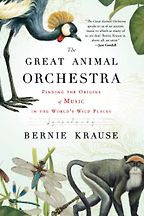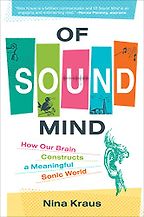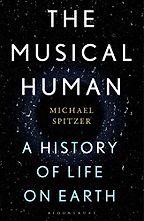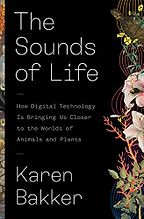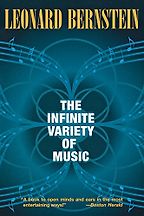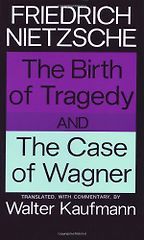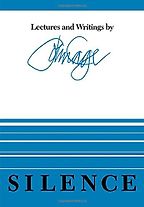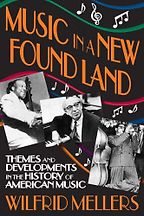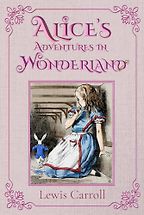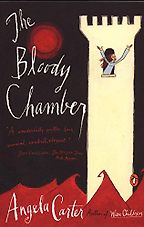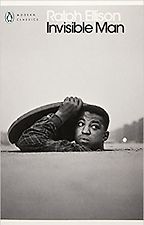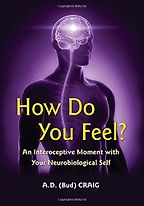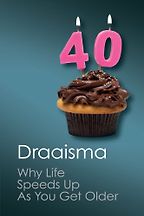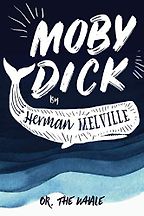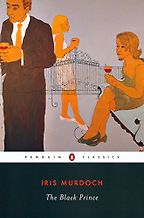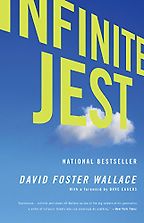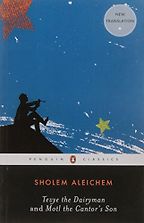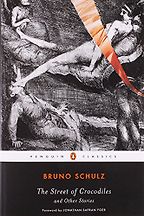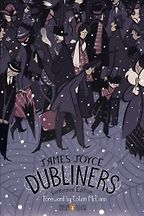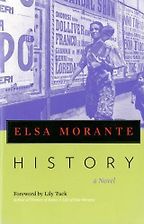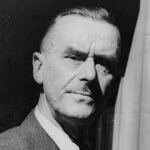
Books by Thomas Mann
Thomas Mann (1875-1922) was a German novelist. Mann won the Nobel Prize for Literature in 1929.
“His ambivalence towards Wagner, as towards everything actually, is fascinating. With Wagner, he said his relationship was one of ‘love without belief’. He didn’t accept a lot of Wagner. Wagner’s worldliness and appetite for worldly success, combined with his ascetic dedication to his art—Wagner said ‘a day without work is a nightmare for me’—Mann found that to be the paradigm of the artistic constitution. It’s an illuminating book. He wrote it at the end of 1932 and the start of 1933. He was very politically aware by then, he lived in Munich. He constantly saw street battles and his children were involved in scuffles with Nazis, so he knew what the score was.” Read more...
Michael Tanner, Musicians, Music Critics & Scholar
“The story is about a family vacation. The narrator, his wife and two young children—all German—travel to the town of Torre di Venere, a little town in Italy, in the 1920s. It begins with joy and enthusiasm and quickly deteriorates when the family meets the phenomena of Italian nationalism and Fascism. At the centre of the story is a hypnotists’s performance that ends in an unexpected and tragic way.” Read more...
David Grossman on the Books That Shaped Him
David Grossman, Novelist
“Von Aschenbach has been an artist but a very formulaic one. He’s had great acclaim, but he’s never been struck by the divine madness. And then he is struck. In Death in Venice—as in Plato’s Phaedrus—an erotic madness and artistic madness are merged together; for von Aschenbach the instrument of this merging is Tadzio, a young boy. The mad experience is falling in love with beauty, as embodied in this young boy. What the novel is really asking us to contemplate or judge is: is it the good, or is it the bad kind of madness?” Read more...
Rebecca Goldstein, Philosopher
“Thomas Mann’s The Magic Mountain introduces us to Eros and Thanatos, the twin forces of life and death, and they become the subject of profound meditations and conversation. There’s more than a whiff of spookiness to the work, a fascination with disease, suffering, and death. Mann described his novel as a Zeitroman, a novel that takes time as its subject matter but also captures an entire era.” Read more...
Maria Tatar, Literary Scholar
Doctor Faustus: The Life of the German Composer Adrian Leverkuhn As Told by a Friend
by Thomas Mann, translated by John E. Woods
“It’s extraordinary. It’s set in Germany in the early decades of the 20th century. Adrian Leverkühn is this fictional German composer who has a likeness to Arnold Schoenberg in that he develops a 12-tone system. He also makes a deal with the demon Mephistopheles—to create wonderful music for a certain time before being taken off, like Faust in the legend, to a horrible fate.” Read more...
Caspar Henderson, Journalist
Interviews where books by Thomas Mann were recommended
-

1
The Great Animal Orchestra: Finding the Origins of Music in the World's Wild Places
by Bernie Krause -

2
Of Sound Mind: How Our Brain Constructs a Meaningful Sonic World
by Nina Kraus -

3
The Musical Human: A History of Life on Earth
by Michael Spitzer -

4
Doctor Faustus: The Life of the German Composer Adrian Leverkuhn As Told by a Friend
by Thomas Mann, translated by John E. Woods -

5
The Sounds of Life: How Digital Technology Is Bringing Us Closer to the Worlds of Animals and Plants
by Karen Bakker
The best books on Sound, recommended by Caspar Henderson
The best books on Sound, recommended by Caspar Henderson
Sound encodes incredible amounts of information—not only words, music, and other audible forms of communication, but complex spatial data too. Caspar Henderson, author of the ‘auraculous’ new essay collection The Book of Noises, selects five of the best books on sound, from the buzzing of bees to the ghostly whisper of the aurora.
-

1
The Infinite Variety of Music
by Leonard Bernstein -

2
The Birth of Tragedy and The Case of Wagner
by Friedrich Nietzsche -

3
Doctor Faustus: The Life of the German Composer Adrian Leverkuhn As Told by a Friend
by Thomas Mann, translated by John E. Woods -

4
Silence
by John Cage -

5
Music in a New Found Land
by Wilfrid Mellers
Alex Ross recommends the best Writing about Music
Alex Ross recommends the best Writing about Music
New Yorker music critic, Alex Ross, explains why writing about music is, really, nothing like “dancing about architecture.”
-

1
Salons
by Denis Diderot -

2
Phenomenology of Perception
by Maurice Merleau-Ponty -

3
Disowning Knowledge
by Stanley Cavell -

4
Nicolas Poussin
by Elizabeth Cropper and Charles Dempsey -

5
Doctor Faustus: The Life of the German Composer Adrian Leverkuhn As Told by a Friend
by Thomas Mann, translated by John E. Woods
The best books on The Philosophical Stakes of Art, recommended by Michael Fried
The best books on The Philosophical Stakes of Art, recommended by Michael Fried
The distinguished art critic and art historian Michael Fried talks about the importance of philosophy to his work. He recommends the best books on the ‘philosophical stakes of art.’
Talismanic Tomes, recommended by Maria Tatar
The stories we read as children and as adults really do change us and how we see the world around us. Here Maria Tatar, Emerita Professor of Germanic Languages and Literatures and of Folklore and Mythology at Harvard University, speaks about the power of five ‘talismanic tomes’ that had a meaningful influence on her life.
-

1
The Tides of Mind: Uncovering the Spectrum of Consciousness
by David Gelernter -

2
How Do You Feel? An Interoceptive Moment with Your Neurobiological Self
by Bud Craig -

3
Why Life Speeds Up as You Get Older: How Memory Shapes Our Past
by Douwe Draaisma -

4
The Magic Mountain
by Thomas Mann -

5
Soul Dust: The Magic of Consciousness
by Nicholas Humphrey
The best books on Time and the Mind, recommended by Marc Wittmann
The best books on Time and the Mind, recommended by Marc Wittmann
“Time is an illusion,” wrote Douglas Adams. “Lunchtime, doubly so.” It is certainly a subjective experience, agrees the psychologist and author Marc Wittmann—as any drug user or meditation expert can tell you. Here he picks five books that unpick our perception of the passage of time.
The Best Philosophical Novels, recommended by Rebecca Goldstein
The skills of a philosopher and those of a novelist are often in tension, but they have much to learn from each other, says novelist and philosopher Rebecca Newberger Goldstein. She chooses her favourite philosophical novels.
-

1
Tevye the Dairyman and Motl the Cantor’s Son
by Sholem Aleichem -

2
The Street of Crocodiles and Other Stories
by Bruno Schultz and Celina Wieniewska (translator) -

3
Dubliners
by James Joyce -

4
Mario and the Magician and Other Stories
by Thomas Mann -

5
History: A Novel
by Elsa Morante and William Weaver (translator)
David Grossman on the Books That Shaped Him
David Grossman on the Books That Shaped Him
David Grossman, renowned Israeli author and winner of the 2017 Man Booker International Prize, shares the books that have shaped his writing, from Sholem Aleichem to James Joyce and Elsa Morante
The best books on Wagner, recommended by Michael Tanner
Richard Wagner’s works are as immense as they are influential: the four-part, 15-hour saga Der Ring des Nibelungen is the most analysed opera of all time. And yet, Wagner was arrogant and virulently anti-semitic. Can we separate the musical genius from the man? Opera critic Michael Tanner recommends the best books on Wagner.
